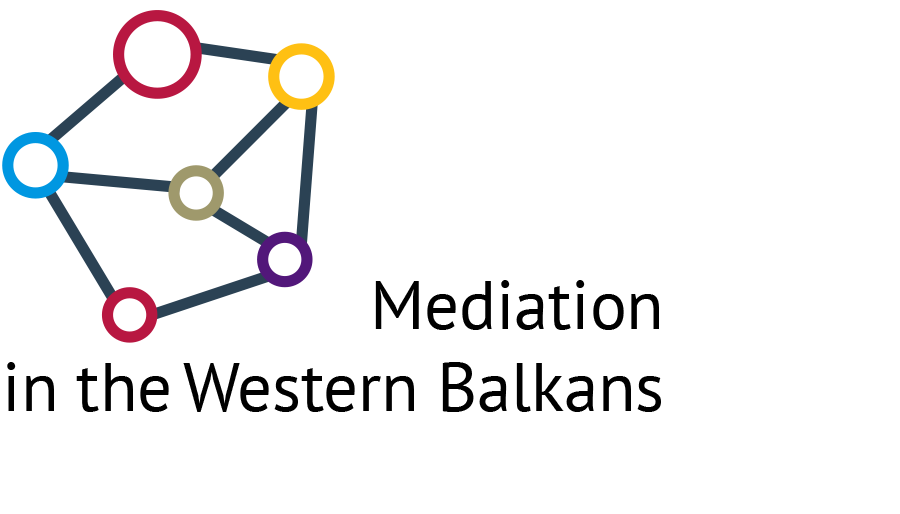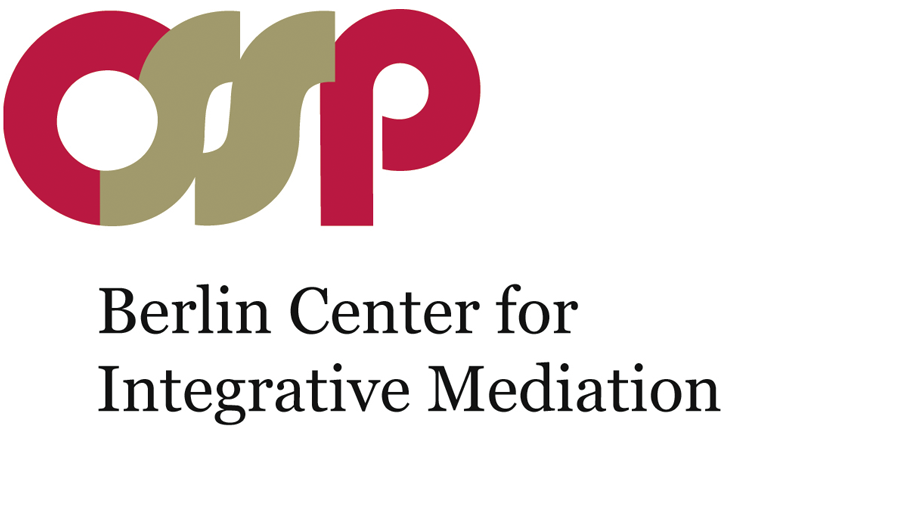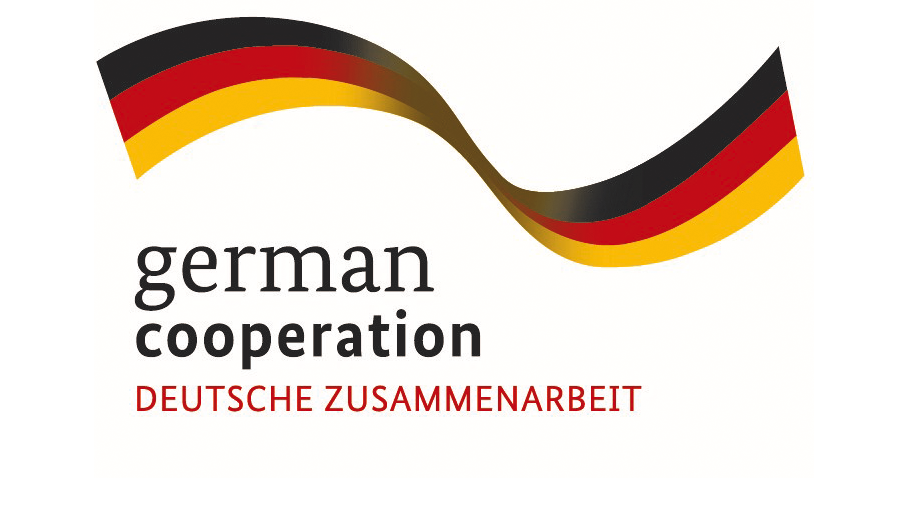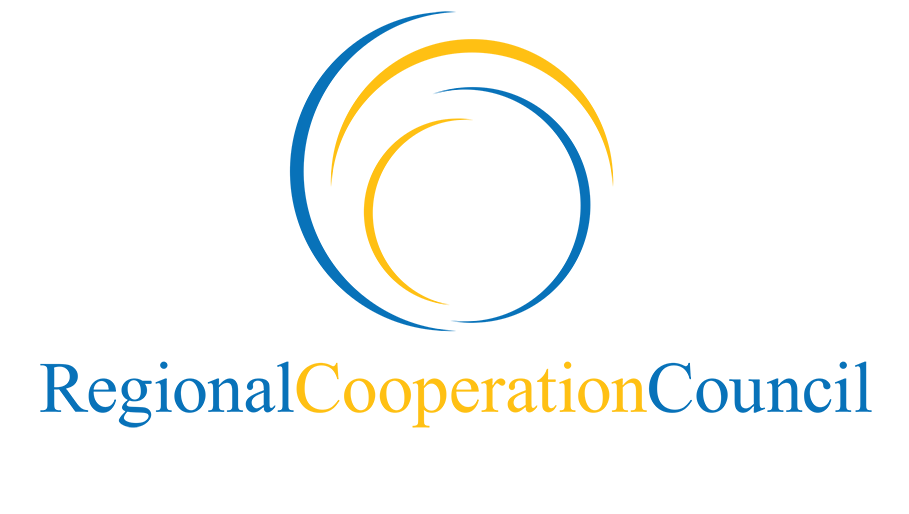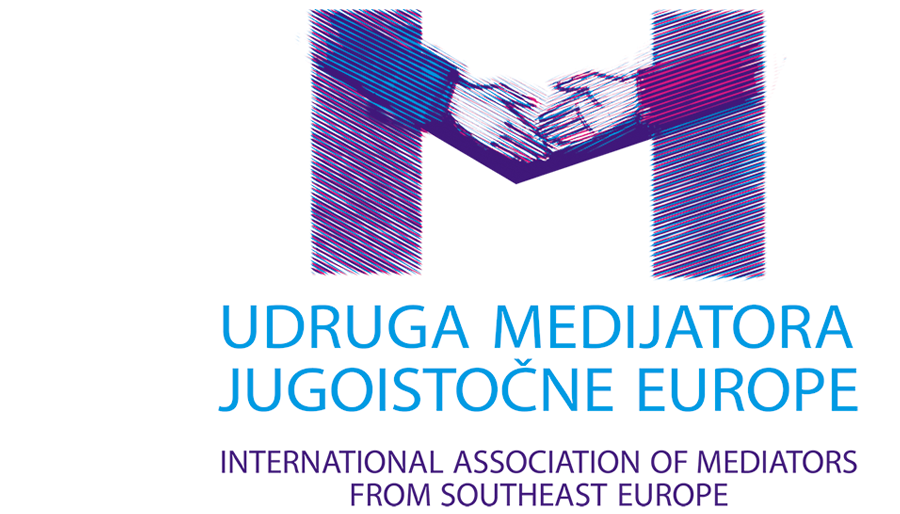Recommendations
SEE Regional Conference “It is time for mediation”
30 September 2022 Hotel Dubrovnik, Zagreb and Online (hybrid mode)
SEE Regional Conference “It is time for mediation”, was held on 30 September, in Zagreb and online, organized by Regional Cooperation Council (RCC), CSSP-Berlin Center for Integrative mediation and International Association of Mediators from South East Europe (IAMSEE). The conference brought together renowned experts from South East Europe and European Union with a professional background in mediation practice, representatives from the judiciary, the executive branch, civil society and academia, whose experience contributed to the discussions on the effective and sustainable solutions for an increased use of mediation in the SEE region.
In the opening remarks, organizers welcomed the Conference and concluded that Western Balkans (WB) economies have a good legal basis and systems in place, but the main challenges remained in implementation and perception of efficiency of mediation. According to the findings of Balkan Barometer-Business Opinion 2022, over 90% of businesses in WB economies never used mediation as a dispute resolving mechanism.
Organizers agreed that these findings are a call for action for more legislative support and promotion and need for economies to increase public awareness in order to boost trust in mediation. In light of the current political, security, health and energy situation in the world, now is the best time to put mediation and mediative approaches to good use.
During the Conference, experts introduced current state of play in their respective economies, legal solutions for better and enhanced use of mediation and successful examples for promotion of mediation.
According to the fruitful discussions and conclusions that emerged from the Conference, main recommendations are:
- Develop demand for mediation through legislation by promoting the opt-out model based on the mandatory participation to the first mediation meeting. Use different channels, including online platforms and mass media;
- Develop referral mechanisms from judges, HR managers and other referral systems;
- Promote mediation contract clauses;
- Organize, maintain, and publish the list of mediators to improve the potential users’ mediation accessibility;
- Build the capacity of mediators through basic mediation training and continuous professional development;
- Develop complaint mechanisms that are accessible, transparent, efficient, and easy to use, ideally incorporating mediation or other forms of dialogue-based dispute resolution mechanisms;
- Monitor and increase the understanding, the respect, and the credibility of mediation services;
- Assess the effectiveness of the public policies on mediation and mediation legislation against best practices (i.e., the opt-out model that was successfully implemented in Italy and has been recently strengthened – not an information session on mediation); The analysis should go beyond the mediation laws to other legal acts like civil procedure codes;
- Establish data gathering systems to gather, consolidate and report reliable data – quantitative and qualitative – to inform the monitoring process of mediation policies
- Synchronize data gathering systems in various economies to consolidate for the wider European region (i.e., using CEPEJ mediation tools); develop IT platforms and offer support to governments and mediation regulating authorities as needed;
- Promote international cooperation for more effective exchanges of technical solutions, policies, and best practices;
- Promote local, regional, national and international ”mediation champions”;
- Exchange experiences between economies for a greater harmonization of legal frameworks based on the best practices;
- Promote mediation further through public awareness and public outreach efforts;
- Include mediation in the University curriculums;
- Inform judges and lawyers about the prospects of use of mediation;
- Animate legislators and governmental institutions to be included in the processes of promotion of mediation;
- Continue and further develop cooperation between the NGO’s focused on mediation and local governments.
